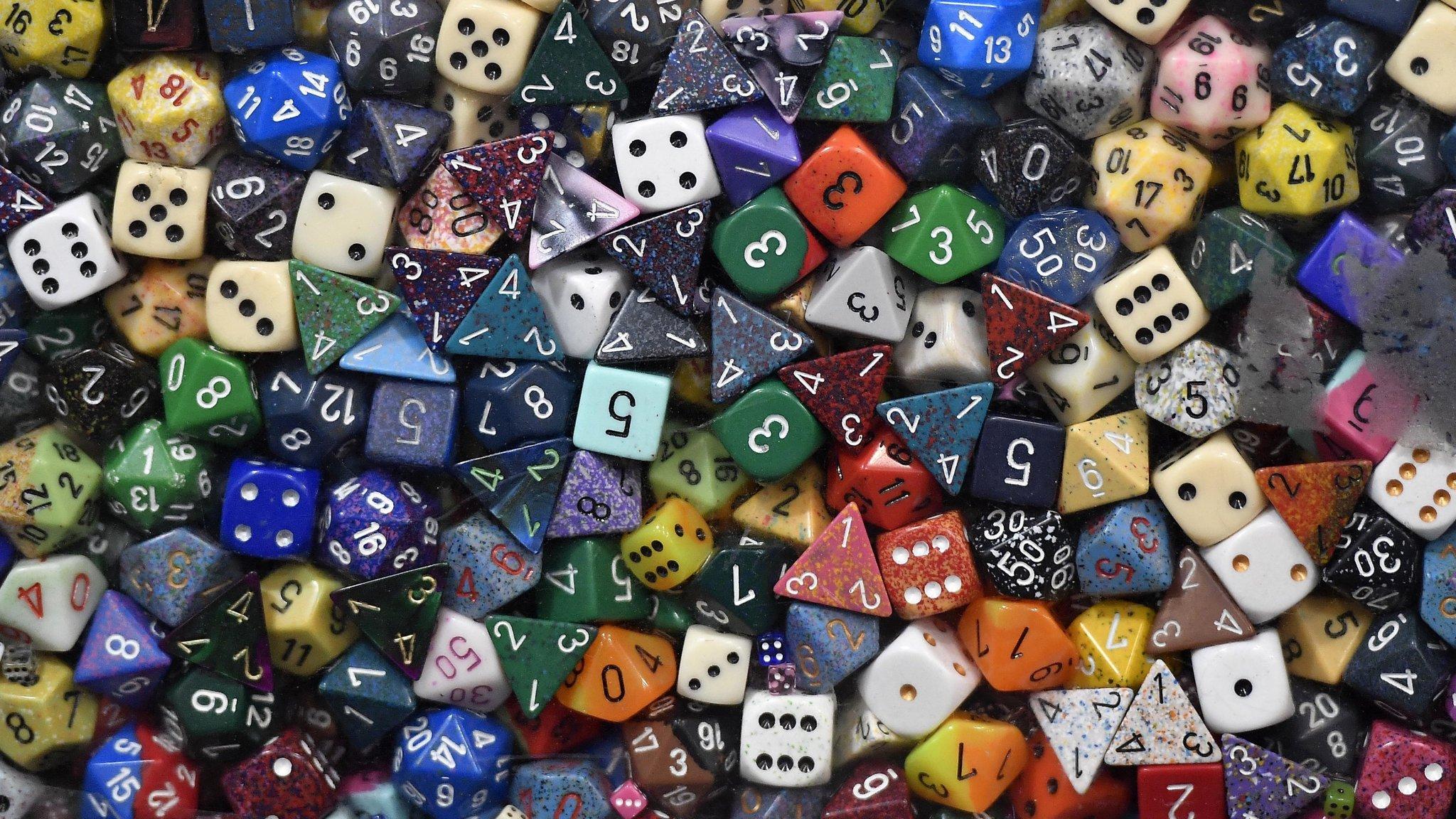Suppose you’re on a game show, and you’re given the choice of three doors: Behind one door is a car; behind the others, goats. You pick a door, say No. 1, and the host, who knows what’s behind the doors, opens another door, say No. 3, which has a goat. He then says to you, “Do you want to pick door No. 2?”. What is the probability to win car if you switch?
Answer
2/3.
Solution
Say the events:
A1 -> Car is behind door 1
A2 -> Car is behind door 2
A3 -> Car is behind door 3
Even before the game starts and all:
P(A1) = P(A2) = P(A3) = 1/3
Now, as per the description in the game... Say all the stuff happened as event 'D' :
[Note :
It is of utmost importance that you define the event 'D' correctly!
The most common error in understanding is about this event 'D'
Some wrong interpretations of 'D' are
D -> Person Chosed door 1
(or)
D -> Host Opened door 3
It should be both of the above!
This is the intended meaning of Monty-Hall Problem
]
Hence;
D -> Person Chosed Door 1 & Host opened door 3
[Note : P(A|B) means probability of event A given event/information B]
P(A3|D) = 0; since host wont open door 3 if car is behind that.
And we need to calculate P(A1|D) and P(A2|D).
We will do this using Bayes Theorem:
Lets Calculate P(D) -
P(D) = P(D|A1)*P(A1) + P(D|A2)*P(A2) + P(D|A3)*P(A3)
= 1/2 * 1/3 + 1 * 1/3 + 0 * 1/3
= 1/2
And then,
P(A1|D) = {P(D|A1) * P(A1)} / P(D)
= { 1/2 * 1/3 } / 1/2
= 1/3
P(A2|D) = {P(D|A2) * P(A2)} / P(D)
= { 1 * 1/3 } / 1/2
= 2/3
P(A3|D) = {P(D|A3) * P(A3)} / P(D)
= { 0 * 1/3 } / 1/2
= 0
Hence, If the person switches, he has a winning probability of (P(A2|D) equals to) 2/3



Comments